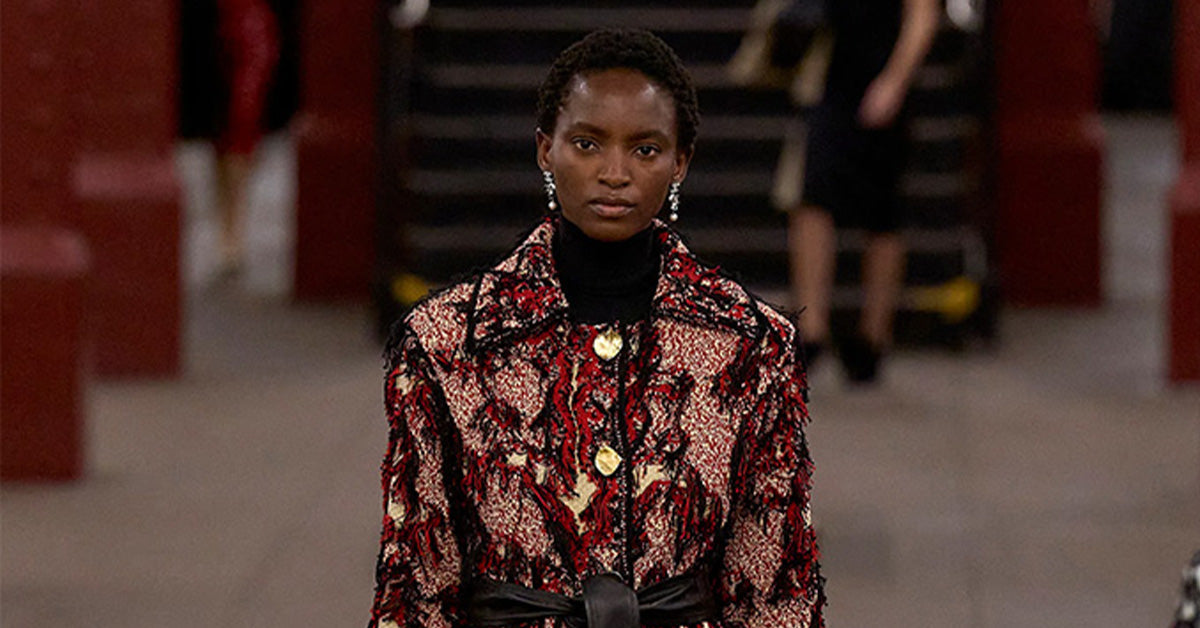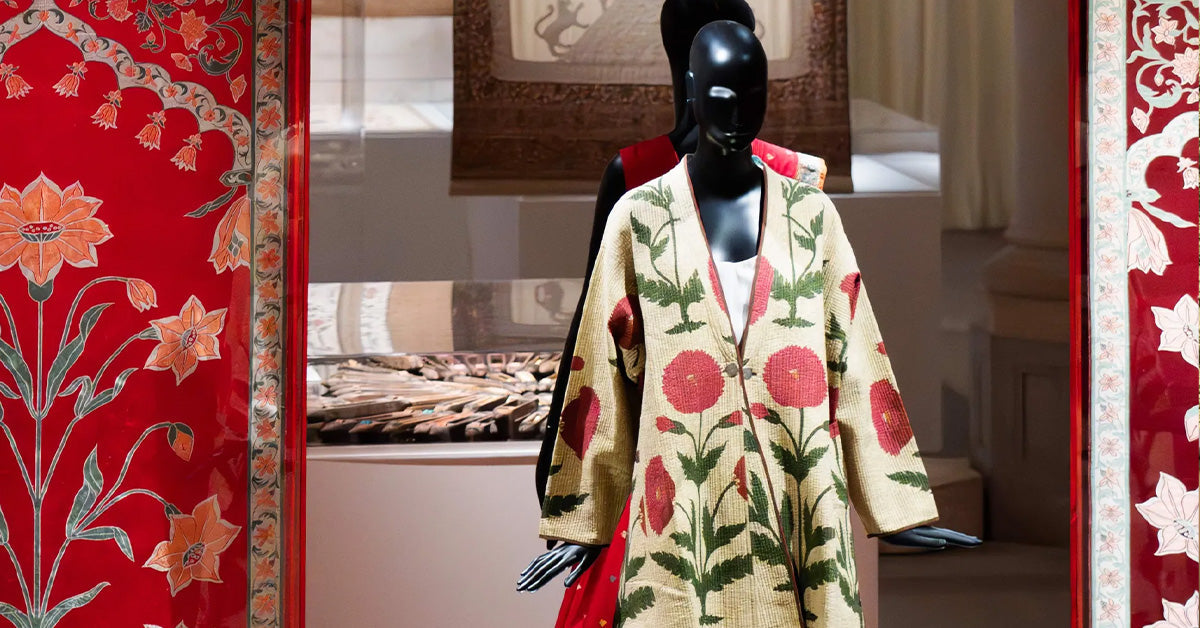In the vibrant world of fashion, the term "boutique owner" carries a unique charm. It conjures images of carefully curated fashion collections, intimate retail spaces, and a personalized shopping experience that stands apart from the mass-market appeal of big-box stores. But what exactly does it mean to be a boutique owner, and why is this role integral to the fashion industry? In this article, we’ll dive deep into the concept, responsibilities, and influence of boutique owners in today’s fashion landscape.
Defining a Boutique Owner
A boutique owner is an entrepreneur who operates a small, specialized retail store, often focusing on a niche market. Unlike large retail chains, boutiques are known for offering a curated selection of unique, high-quality items, which can range from clothing and accessories to lifestyle and home décor products. The boutique owner is responsible for every aspect of the business, from selecting inventory to creating a welcoming atmosphere for customers.
In essence, a boutique owner is more than just a retailer—they are a curator, trendsetter, and often a local fashion authority. Their shops reflect their personal taste, creativity, and understanding of their customer base, making every boutique a unique shopping destination.
Key Responsibilities of a Boutique Owner
Running a boutique involves a wide range of responsibilities that go beyond simply selling products. Here are the key roles a boutique owner typically fulfills:
- Inventory Selection: Choosing products that align with the boutique's aesthetic and appeal to the target audience.
- Merchandising: Designing the store layout and displays to create an inviting and visually appealing shopping experience.
- Customer Service: Building relationships with customers, offering personalized recommendations, and ensuring a memorable shopping experience.
- Marketing and Branding: Promoting the boutique through social media, email marketing, and collaborations with influencers or local events.
- Financial Management: Handling budgets, pricing strategies, and maintaining profitability.
- Trend Forecasting: Staying up-to-date with fashion trends to keep the boutique’s inventory fresh and relevant.
- Staff Management: Hiring, training, and managing employees to ensure smooth operations.
The Importance of Boutique Owners in the Fashion Industry
Boutique owners play a crucial role in the fashion ecosystem. They act as intermediaries between designers and consumers, often giving emerging designers a platform to showcase their work. By offering an alternative to mass-produced fashion, boutiques promote diversity and individuality in style.
Additionally, boutique owners often foster a sense of community. Their stores serve as gathering spaces for like-minded individuals who appreciate unique, high-quality fashion. Many boutique owners also support sustainable and ethical fashion brands, contributing to a more conscious and responsible industry.
What Makes a Successful Boutique Owner?
Becoming a successful boutique owner requires a combination of business acumen, creative vision, and customer focus. Here are some traits and skills that set successful boutique owners apart:
- Passion for Fashion: A genuine love for the industry and a sharp eye for trends.
- Entrepreneurial Spirit: The ability to take risks, adapt to challenges, and think strategically.
- Attention to Detail: From curating inventory to creating store displays, every detail matters.
- Excellent Communication Skills: Building relationships with suppliers, customers, and staff.
- Resilience: The drive to overcome obstacles and keep the business thriving.
Challenges Faced by Boutique Owners
While running a boutique is rewarding, it’s not without its challenges. Boutique owners often face issues such as:
- Competition: Standing out in a crowded market dominated by large retailers and online platforms.
- Inventory Management: Balancing stock levels to avoid overstocking or understocking.
- Economic Fluctuations: Adapting to changes in consumer spending habits and economic conditions.
- Time Management: Juggling multiple responsibilities while maintaining a work-life balance.
Why Boutique Owners Matter More Than Ever
In an era where fast fashion dominates, boutique owners are champions of slow fashion, individuality, and sustainability. Their commitment to offering unique, high-quality products and personalized customer experiences makes them indispensable players in the fashion industry. As consumers increasingly seek meaningful connections with the brands they support, boutique owners will continue to thrive by combining creativity with authenticity.
FAQs About Boutique Owners
-
Q: What is the difference between a boutique and a retail store?
A: A boutique is a small, specialized store that offers a curated selection of unique, high-quality products, often catering to a niche market. Retail stores, on the other hand, are typically larger and offer a wide variety of items to appeal to a broader audience. -
Q: How much does it cost to start a boutique?
A: The cost of starting a boutique varies depending on factors such as location, size, and inventory. On average, initial startup costs can range from $50,000 to $100,000, but smaller online boutiques can be launched with less capital. -
Q: Do boutique owners need formal education?
A: While formal education in business or fashion can be helpful, it is not a requirement. Many boutique owners rely on hands-on experience, creativity, and a strong understanding of their target market. -
Q: How do boutique owners decide what to sell?
A: Boutique owners typically follow fashion trends, consider their target audience’s preferences, and curate inventory that aligns with their store’s brand identity and vision. -
Q: Can a boutique be successful online?
A: Absolutely! Many boutique owners operate online-only stores or combine e-commerce with physical locations to reach a wider audience. Success often depends on effective branding, marketing, and customer engagement.










